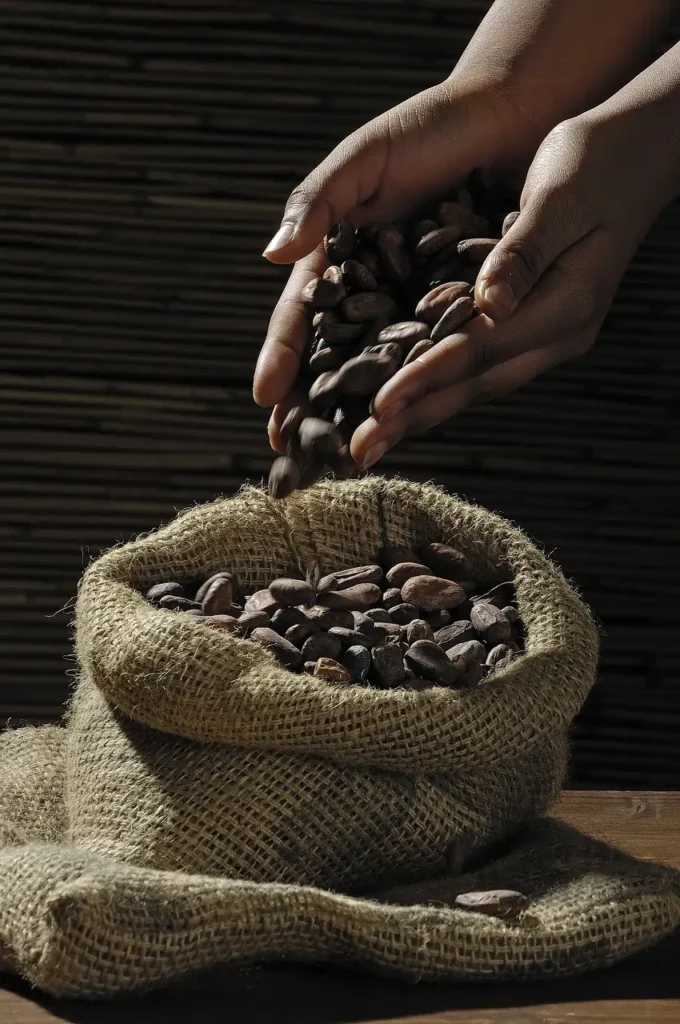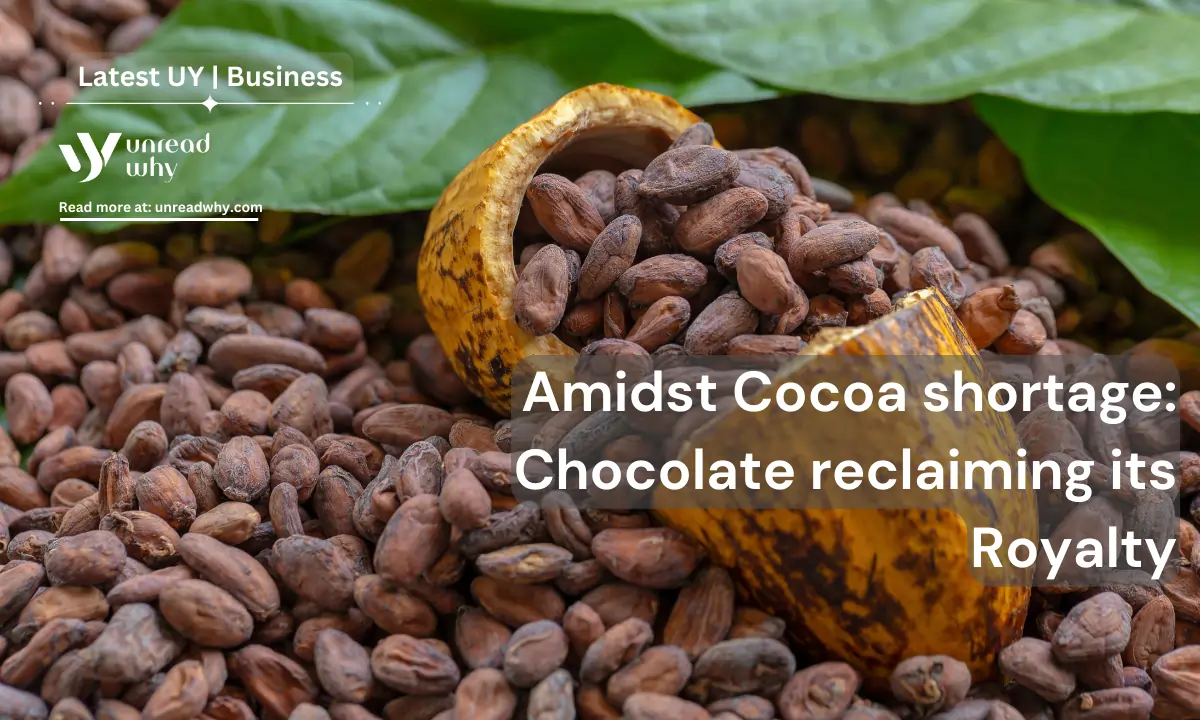In ancient times, the Aztecs and Mayans famously used cocoa beans as a form of currency, and in 2024, it norm might make a comeback. Chocolate was a luxury privy to only the wealthiest of the wealthy and to the royals in historic times. However, in the last year, chocolate lovers have been facing their darkest nightmares as the news about global cocoa shortage has been in the headlines every other week.
Ever since the last year, the cocoa prices have almost quadrupled. Ghana and Ivory Coast are the largest harvesters and exporters of cocoa in the world. The low yield has made the processors scale back and shutter, which has resulted in little to no reserves left to make cocoa butter and other chocolate-based confections.
India’s relationship with chocolate
India as a nation, since pre-historical times has been associated with the land of tea leaves, sweets and spices. The relationship between India with chocolate has been fluctuating over centuries, but in the last few decades, the relationship has grown more robust, and the consumer base has been rising exponentially. With the recent upsurge in the prices of chocolate, the Indian gourmet market has been struggling to maintain its pricing in chocolate-infused confections. The Indian markets have been forced to adapt to the internationally constrained supply of cocoa beans and the rising demand. The Indian manufacturers are now looking for alternatives and innovations to find the closest substitute for chocolate.
The current situation of the market
The giants in the chocolate manufacturing industry, like Mondelez and Hershey’s, have been facing difficulties in managing the cost and maintaining their supply-demand ratios as cocoa prices have exceeded $12,000 a ton. Cocoa giants that cater to consumers who are price-sensitive from all over the world are struggling to maintain their prices with the increased prices of cocoa beans. The yield is more than 10% lower as compared to last year because of the disruption in major cocoa-producing regions of Cote d’Ivoire and Ghana.

How are the cocoa suppliers reacting to this crisis?
The world’s largest cocoa supplier, Barry Callebaut, is hesitant and says that his main concern is to protect his existing customer base amidst the crisis. Their stock is limited and, therefore, the cause of hesitation towards the new customers; their primary objective in the current times is to cater to the orders of their existing loyal clientele. The chocolate company owners are bound to adjust the prices of their products according to the fluctuating prices of the raw materials.
There is also a strong hesitation from the independent chocolatiers as the supply chain offers them short-term quotations with uncertainty because of the inflated pricing. The suppliers are hesitant to commit to the pricing. Moreover, independent small producers do not have the luxury of stockpiling their produce as well. The supply chain of cocoa pods has been premium since historic times, and the suppliers are used to being paid handsomely. However, the recent inflated pricing has been a boon particularly to the small and independent suppliers of cocoa pods and beans.
How are investors reacting to the chocolate crisis?
The investor market is seen to take extra interest in the fading cocoa market as they have started to see this as a potential money-making gap and have diverted their focus towards cocoa-free start-ups. The cocoa industry is in a tight spot after four consecutive years of poor harvests. However, the international market forecast for the consumption of chocolate is predicted to exceed $250 billion this year.

The investor market is buzzing at this opportunity, where the market is growing at a steady and promising rate, but there is no scope because of the constrained supply and surging demand. Investors have now diverted their focus and devoted interest around start-ups that are developing alternatives to chocolate. There are four prominent companies and start-ups that have been working on lab-grown and cocoa-free chocolate alternatives and have secured substantial funding of more than $110 million in the past few months.
What is cocoa free or lab grown chocolates?
As per the claims of the funded start-ups, cocoa-free chocolates are chocolates with ingredients that look and taste exactly like chocolate and cocoa but are not. It does not require the cultivation and harvesting of cocoa pods. One of the most heavily funded such start-ups is Voyage Foods based in Oakland, California. Voyage Foods has managed to raise funding of $63 million so far, and the food and agriculture giant Cargill has announced collaboration with Voyage Foods in order to drive the sales and production of sustainable alternatives of cocoa.
Another company called Planet A, based out of Munich, have started marketing an alternative for chocolate, ChoViva. The main ingredients are oats and sunflower seeds. The company claims that the processing of these ingredients involves a fermentation-like procedure that makes it taste as close to chocolate as it comes. Planet A has raised over $43 million and it is famous for focusing on sustainability and for voicing out the negative and environmental impacts of cocoa cultivation. If these start-ups pick up, it would revolutionise the chocolate industry as they would not depend on African produce. It would also be a big achievement from a sustainability standpoint.


